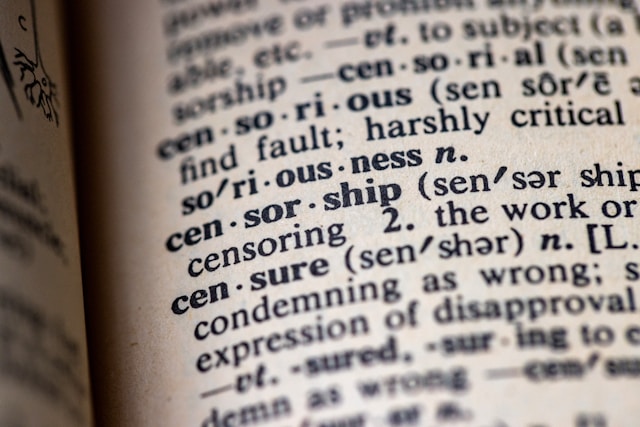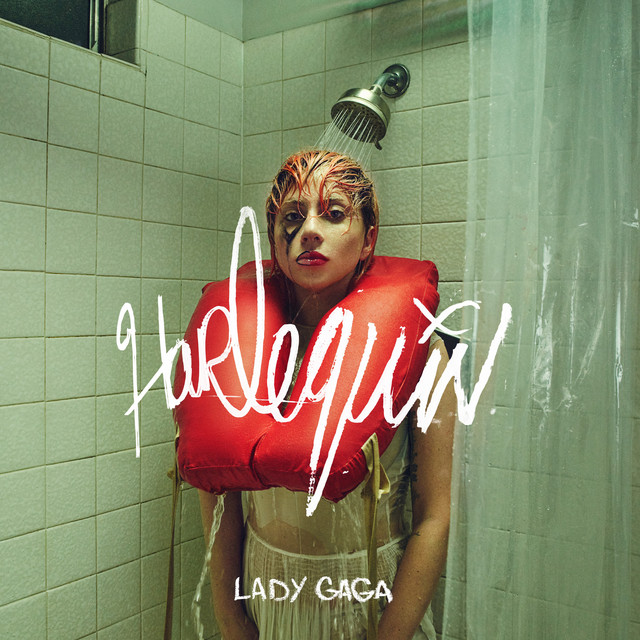Report is a Starr on the web
September 30, 1998
Discussions of censorship and pornography on the Internet were taken to a new level when Independent Council Kenneth Starr’s report was released on Sept. 11.
The 445-page report by Starr was released on several Web sites. The report centered on the investigation of President Bill Clinton’s affair with former White House intern Monica Lewinsky.
Steffen Schmidt, professor of political science, said the Internet “has a life of its own,” and there are many inappropriate materials already online.
“There’s so much fascination with the Internet,” Schmidt said. “It’s this ‘new, wonderful medium.'”
Schmidt said the release of the report stems, in part, from the American public’s desire to know what is going on with its elected officials.
“We are a society that has decided the right to know is very important,” he said. “We want the least possible secrecy in government.”
Scott Chadwick, assistant professor of journalism and mass communication, said the Internet release of the Starr report was irresponsible on the part of the House Judiciary Committee.
“There are better ways it could have been done,” Chadwick said. “However, people needed and wanted to know the information.”
Chadwick said the Starr report has sparked some debate about censorship on the Internet in his class.
“I think it’s made students really think about what should and should not be censored on the Web,” he said. “I also think it’s good for students to think about censorship issues.”
Chadwick also said parents he has talked to are concerned about their children reading the report when they are unsupervised at home.
“The parents I’ve talked to are not so concerned about their children reading the report,” Chadwick said. “But [they are concerned their children] are reading it when the parents aren’t home, so there is no one there to explain the report to them and shield them from portions of the report the parents feel are inappropriate.”
Schmidt agreed that the real question surrounding the release of the Starr report is whether the American public needed to know the salacious details. However, he said because of the rumors that were circulating about the Lewinsky affair, the public should know the facts.
“It was Ken Starr’s word against Bill Clinton,” he said. “Because people were speculating about it, it probably became necessary for the people to know what is going on.”
Sherry King, senior in journalism and mass communication, said she read part of the report and found it to be “clinical language, really dry and boring.”
“I did read it, but I don’t want my child to read it,” she said.
Schmidt said the report may be the least of some parents’ concerns.
“There’s a lot of other stuff [on the Internet] young kids should be kept away from,” he said.






